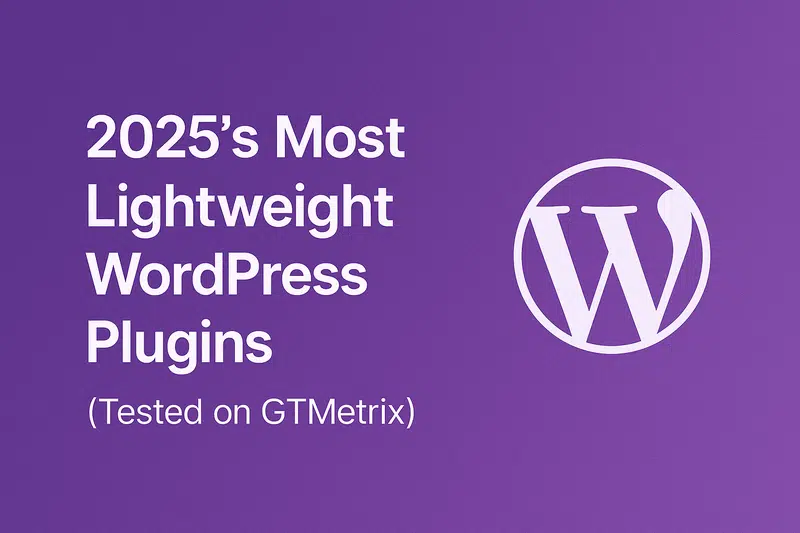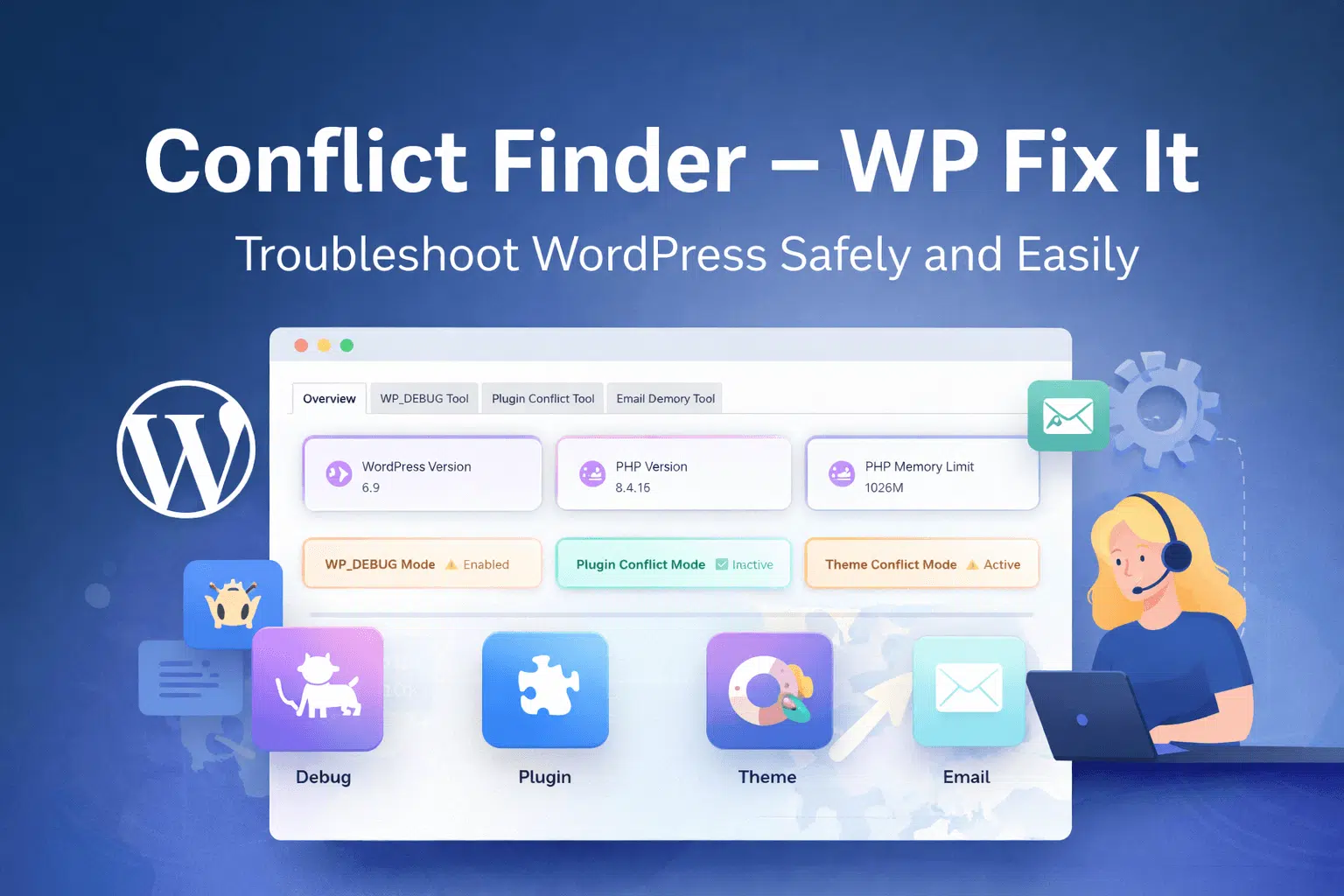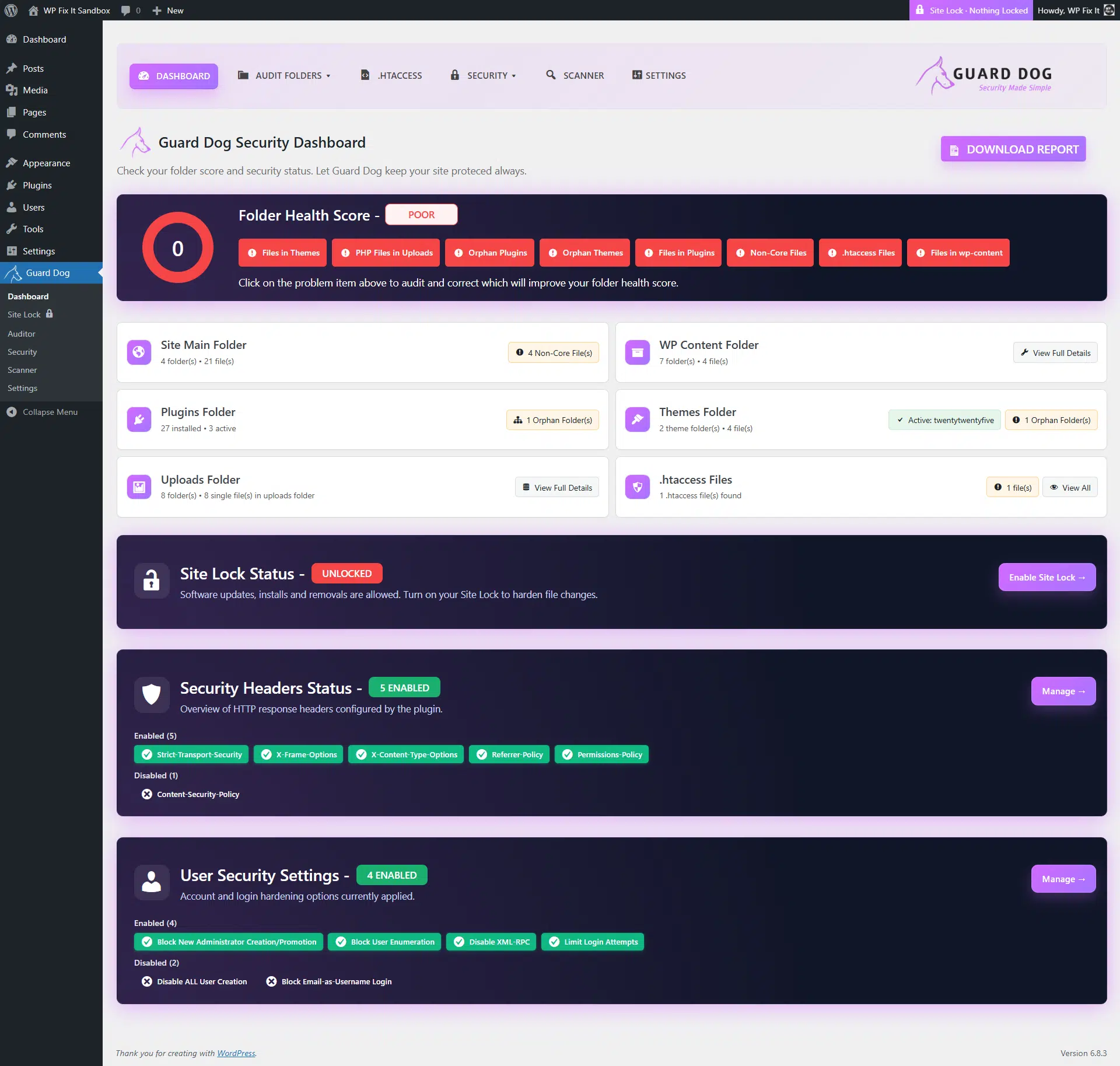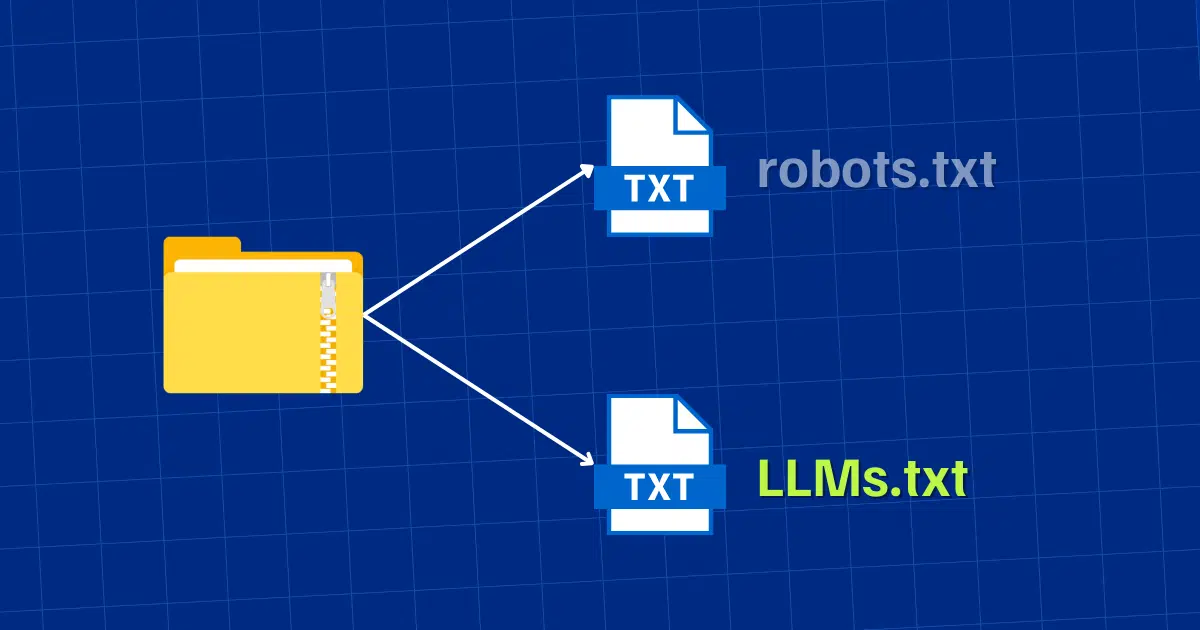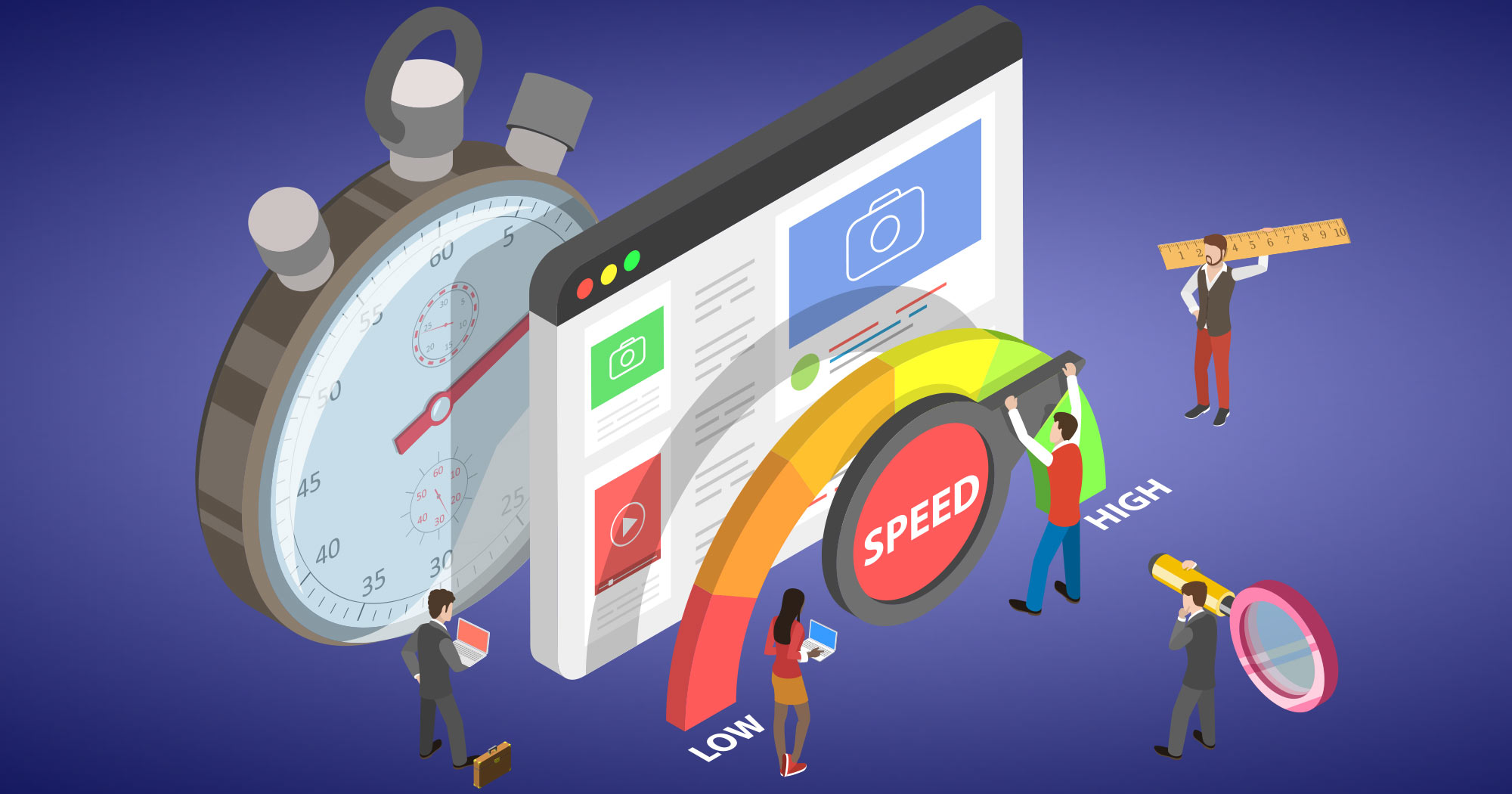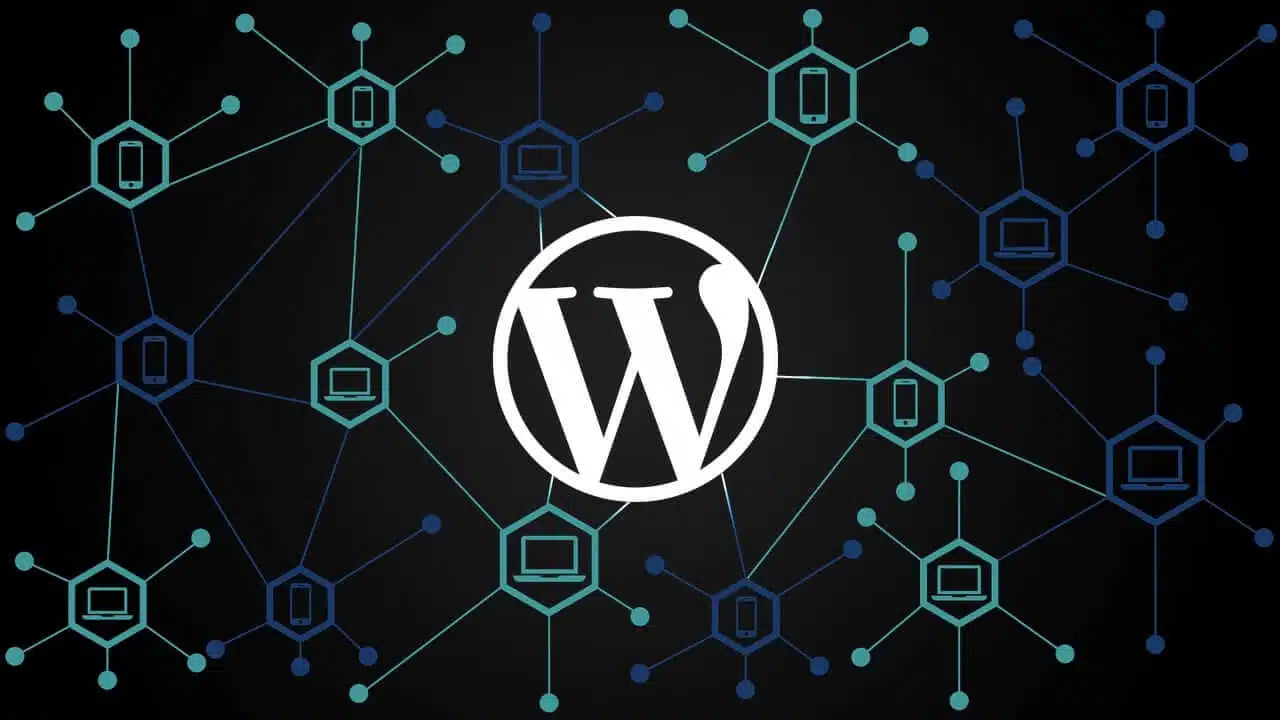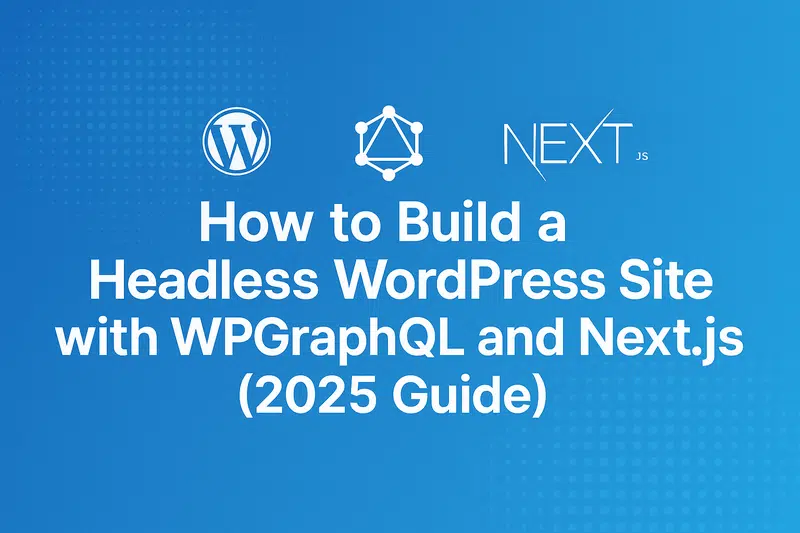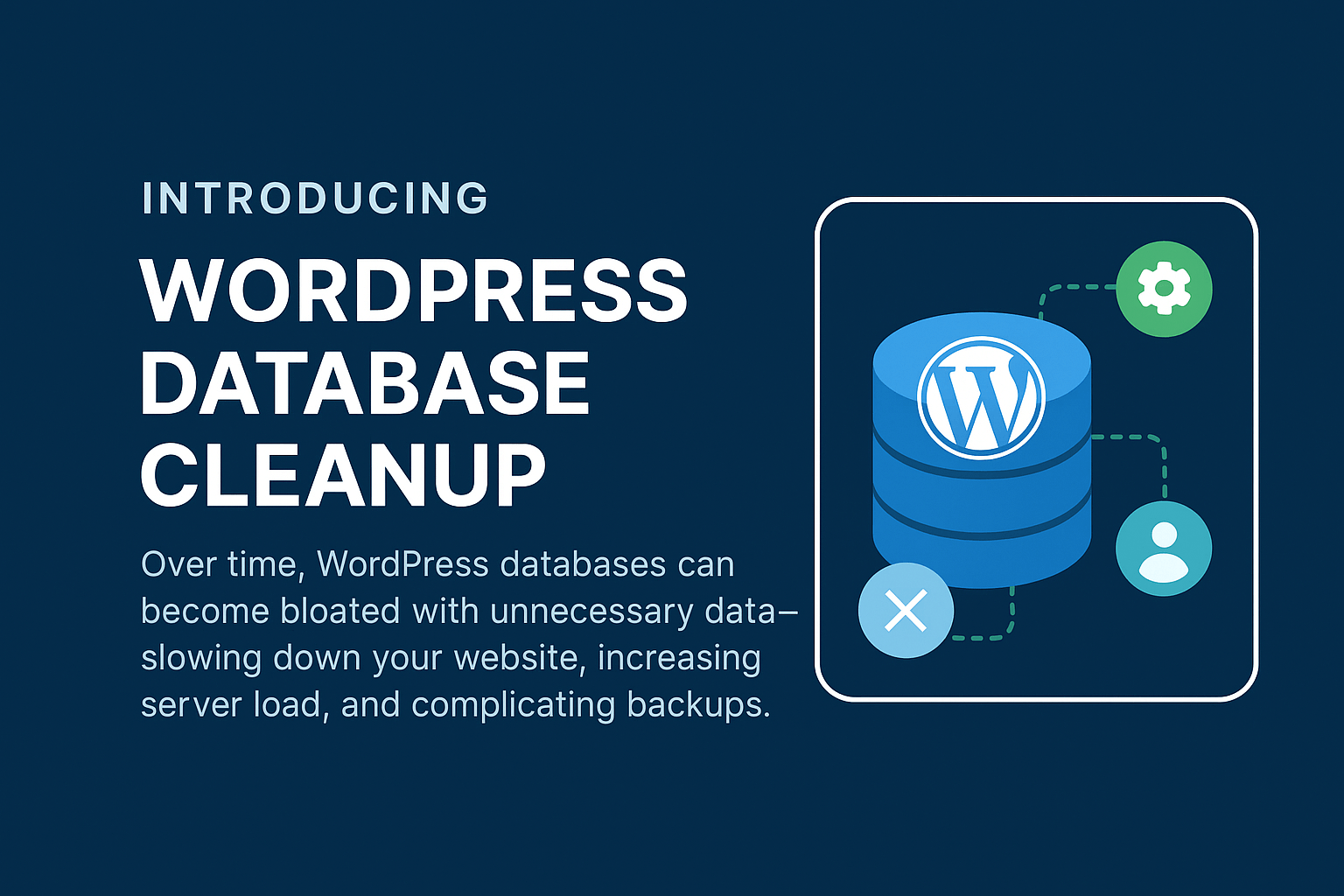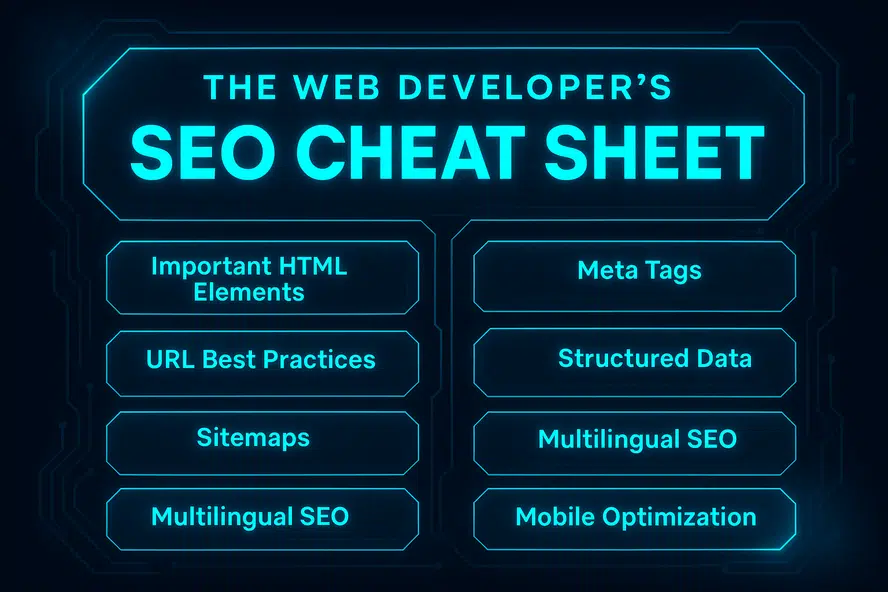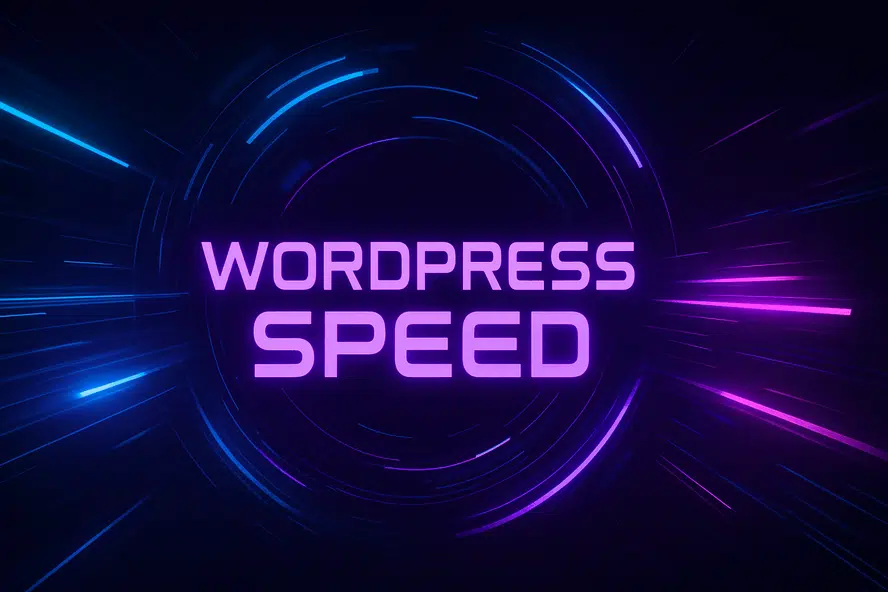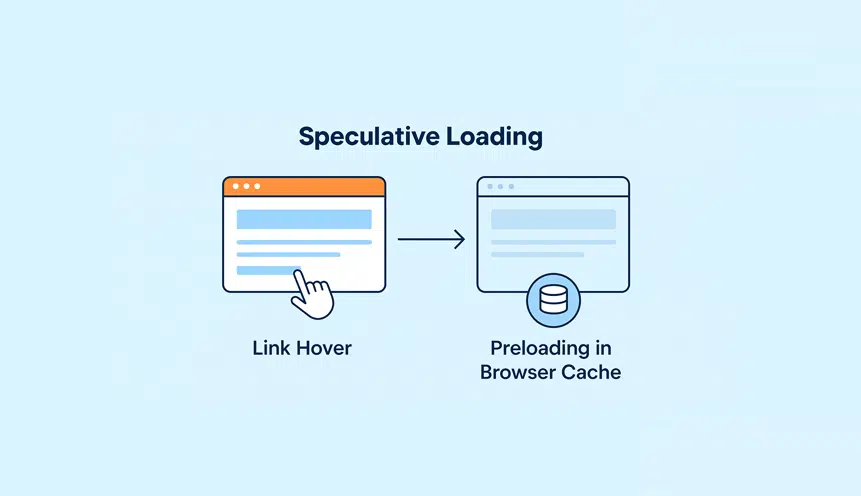WordPress is a powerful platform, but it’s easy to slow down your site with bloated plugins. In 2025, site speed is more important than ever for SEO, conversions, and user experience. So, we put popular plugins to the test using GTMetrix to find out which lightweight WordPress plugins actually deliver performance without sacrificing features.
In this guide, we’ll reveal the best minimal-footprint plugins across essential categories — caching, SEO, forms, and more.
Why Lightweight Plugins Matter in 2025
- Core Web Vitals are now a bigger part of Google’s algorithm.
- Mobile-first indexing makes load time critical.
- Faster sites reduce bounce rates and improve UX.
- Many plugins still include legacy or bloated code.
Methodology: How We Tested
We created a clean WordPress install (v6.6) using the default Twenty Twenty-Four theme and ran GTMetrix tests with each plugin individually installed and configured minimally. Metrics considered:
- Page Load Time
- Total Page Size
- Number of Requests
- Performance Score (GTMetrix)
Best Lightweight WordPress Plugins by Category
1. Caching & Performance: FlyingPress
- Load Time Impact: -0.8s improvement
- Page Size Impact: +7KB
- Why it’s great: Fast, minimal footprint, and simple setup. It’s much lighter than WP Rocket in our test.
Runner-up: LiteSpeed Cache (great if you’re on a LiteSpeed server)
2. SEO: The SEO Framework
- Load Time Impact: Negligible
- Page Size Impact: +5KB
- Why it’s great: Clean, fast, and no intrusive ads or bloat. Much leaner than Yoast or Rank Math.
3. Contact Forms: WS Form LITE
- Load Time Impact: +0.1s
- Page Size Impact: +15KB
- Why it’s great: Lightweight, responsive, and developer-friendly. Far lighter than WPForms or Ninja Forms.
Runner-up: Formidable Forms Lite
4. Image Optimization: Optimole
- Load Time Impact: -0.3s
- Page Size Impact: -100KB
- Why it’s great: Lazy loads and serves images via CDN. Real-time optimization with minimal overhead.
5. Security: WP Cerber Security
- Load Time Impact: +0.05s
- Why it’s great: Focused on brute force protection, login hardening, and bot filtering. No unnecessary features.
Runner-up: Shield Security Lite
6. Backup: WPvivid Backup Plugin
- Load Time Impact: 0s (backend only)
- Why it’s great: Lightweight UI, reliable backups, and no front-end drag. Easily configurable.
7. Analytics: Independent Analytics
- Load Time Impact: 0s (no external scripts)
- Why it’s great: GDPR-safe and works without Google Analytics. No third-party tracking.
8. Lightweight Block Plugin: GenerateBlocks
- Load Time Impact: +6KB
- Why it’s great: Extend Gutenberg with performance in mind. Great companion to GeneratePress theme.
Summary Table
| Category | Plugin | Load Time Impact | Page Size Impact | GTMetrix Score |
|---|---|---|---|---|
| Caching | FlyingPress | -0.8s | +7KB | 98% |
| SEO | The SEO Framework | ~0 | +5KB | 99% |
| Forms | WS Form Lite | +0.1s | +15KB | 97% |
| Image Optimize | Optimole | -0.3s | -100KB | 96% |
| Security | WP Cerber Security | +0.05s | ~0 | 95% |
| Backup | WPvivid Backup | 0 | ~0 | N/A |
| Analytics | Independent Analytics | 0 | ~0 | N/A |
| Gutenberg Blocks | GenerateBlocks | ~0 | +6KB | 98% |
Plugins to Avoid (If Speed Matters)
These are not bad plugins, but they are heavier and can noticeably slow down your site:
- Elementor (builder-heavy)
- Jetpack (all-in-one but bulky)
- WooCommerce (essential for eCommerce, but needs optimization)
Final Thoughts
Choosing the right plugin isn’t just about features—it’s about impact. In 2025, users expect sites to load fast, and Google rewards speed. The plugins above prove you don’t have to trade performance for functionality.
Keep your stack lean, test everything, and revisit your plugins at least once a year. GTMetrix, PageSpeed Insights, and WebPageTest are your best friends.
If you’re building for speed, these lightweight plugins are your secret weapon.


